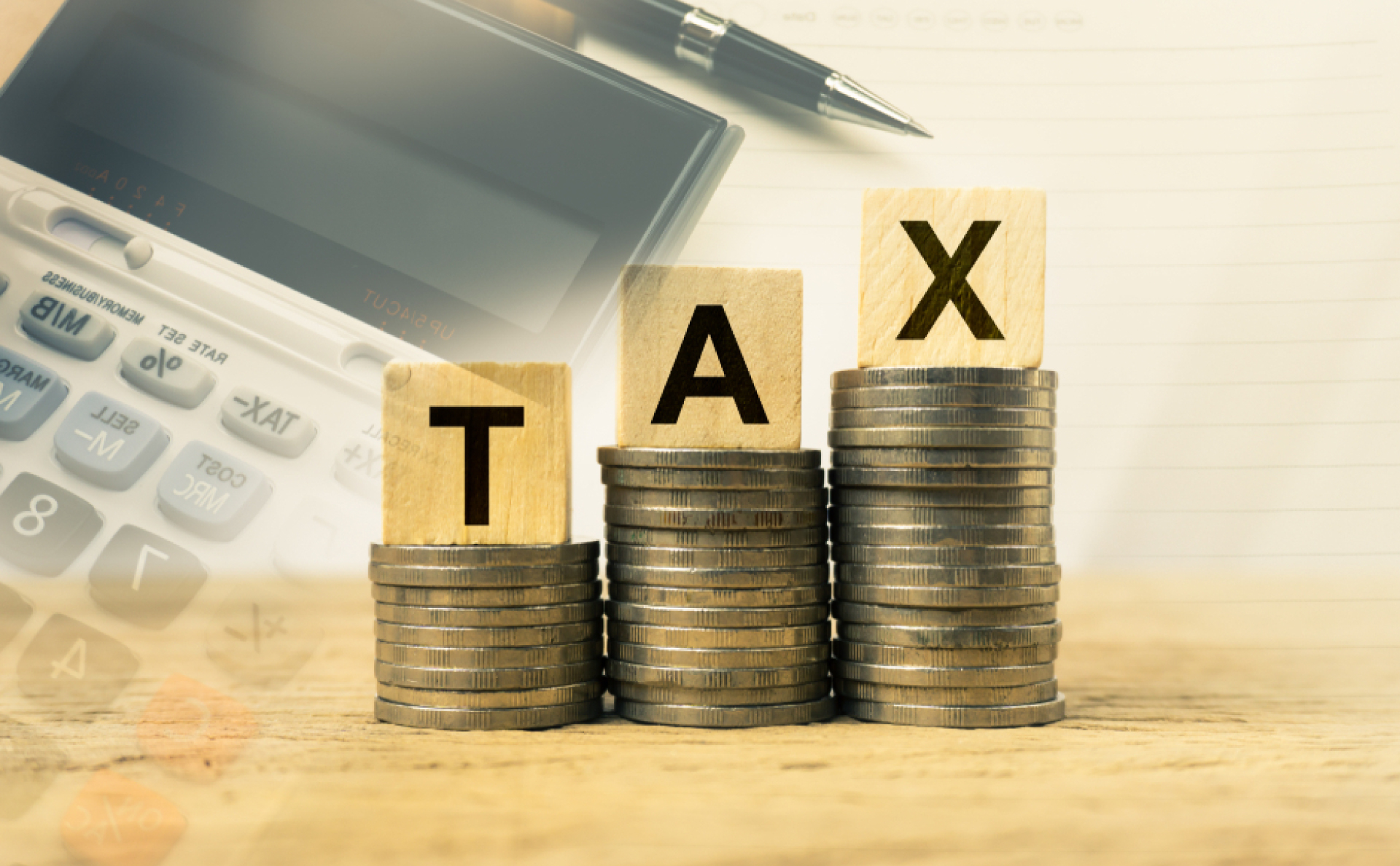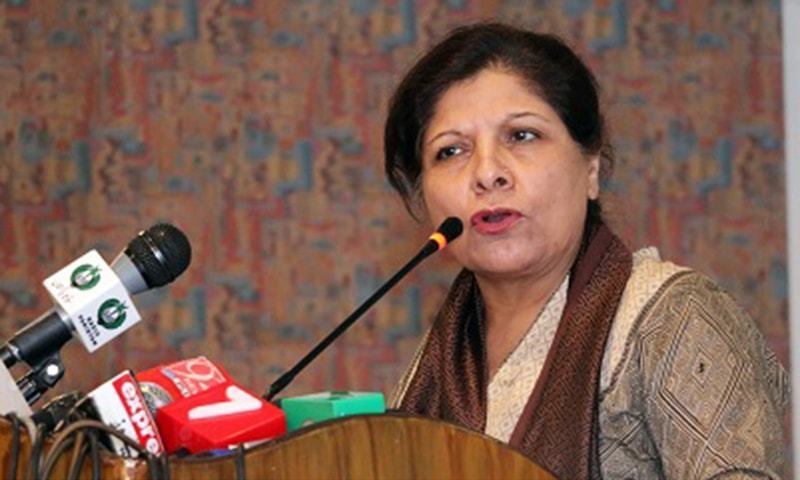Mohsin Siddiqui (Chief Reporter)
The value-added textile exporters strongly opposed the proposed imposition of Final Tax and Normal Tax Regimes in the federal budget for 2024-25, describing the move as “counterproductive.” During a news conference at PHMA House, members of the Value-Added Textile Exporters Forum voiced their concerns, emphasizing that such a change would create “unnecessary hassle” and potentially open avenues for corruption due to increased involvement of Federal Board of Revenue (FBR) officials.
Muhammad Jawed Bilwani, Chief Coordinator of the Value-Added Textile Associations Forum, highlighted that the current 1 percent tax deduction under the Final Tax Regime (FTR) is processed electronically without human intervention. He explained, “As opposed to the existing final income tax on exporters, it has been proposed that from the next fiscal year, the 1 percent rate should be treated as a minimum, requiring exporters to submit documents to justify their income and expenditures.”
Presently, under the FTR, income tax is directly deducted at the source electronically when remittances are received on 100 percent of sales proceeds, regardless of profit or loss. Bilwani pointed out that corruption within the FBR is rampant, as evidenced by a recent “speed-money case” in LTU Lahore, where FBR officials were found to be openly competing for illicit shares.
Bilwani and other exporters called on the government to maintain the existing Final Tax Regime for Exporters without any changes. They also urged the government to reduce the current 1 percent income tax to 0.5 percent. He added that exporters currently file their Sales Tax Refunds electronically through the FASTER system, which processes and disburses claims without human intervention.
Exporters warned that the proposed changes to the tax regime would be counterproductive, potentially leading to a significant reduction in Pakistan’s export revenue and foreign exchange earnings. They cautioned that local exporters might lose export opportunities to competitors in countries such as India, Bangladesh, Cambodia, and Vietnam due to the lack of competitiveness faced by the Pakistani industry.
Furthermore, they criticized the government for not consulting with Textile Export Associations during the formulation of the Federal Budget 2024-25. They noted that despite the formation of 14 Tax Reform Commissions for restructuring and reforms, all had failed to achieve their objectives.
The export industries are already grappling with numerous challenges, including paying multiple taxes to the Federal Government, Provincial and Local Governments, as well as Export Development Surcharge, SESSI, and EOBI. Exporters urged the government to reduce policy discount rates to a single digit, revert EFS rates to previous levels, and allow exporters to use back-to-back Letters of Credit (LC) similar to the Bangladesh model.
Key participants in the event included Abdul Jabbar Gajiani, Chairman PHMA (SZ), Sheikh Shafiq, Chief Coordinator PRGMEA, Abdul Samad, Ex-Chairman PCMA, Khawaja Usman, Chairman PCFA, Junaid Ur Rehman, Chairman Export Committee KCCI, Shoaib Majeed, PDMEA, and representatives from TMA, PAKSEA, and APTPMA. Prominent textile exporters such as Babar Khan, Riaz Ahmed, Junaid Makda, Abdul Qadir Bilwani, Faisal Arshad Sheikh, Khizer Mehboob, Ilyas Gigi, and Abdul Rehman also attended.
The Value-Added Textile Associations Forum comprises several associations, including the Pakistan Hosiery Manufacturers & Exporters Association (PHMA), Pakistan Readymade Garment Manufacturers & Exporters Association (PRGMEA), Towel Manufacturers Association of Pakistan (TMA), Pakistan Cloth Merchants’ Association (PCFA), Pakistan Denim Manufacturers & Exporters Association (PDMEA), Pakistan Knitwear & Sweaters Exporters Association (PAKSEA), Pakistan Cotton Fashion Apparel Manufacturers & Exporters Association (PCFA), and Pakistan Bedwear Exporters Association (PBEA).
The forum’s united stance against the proposed tax changes underscores the significant impact these policies could have on the textile sector. The sector is a critical component of Pakistan’s economy, contributing substantially to export revenues and employment. The exporters’ concerns reflect a broader anxiety about maintaining the competitiveness and stability of the industry in an increasingly challenging global market.
The proposed changes to the tax regime, according to the exporters, would introduce additional administrative burdens and create opportunities for corruption, ultimately hampering the efficiency and competitiveness of Pakistani exports. The government’s decision on this matter will have far-reaching implications for the future of the textile industry and the country’s economic health.




